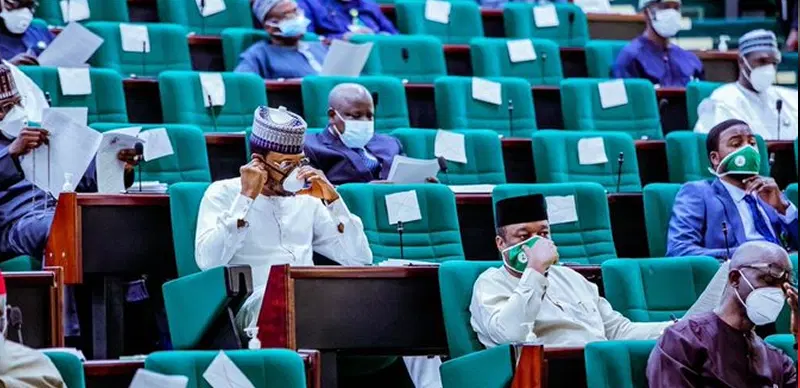Nigeria’s Aviation Minister, Festus Keyamo, revealed that the suspended Nigeria Air deal would have obligated the country to pay Ethiopian Airlines approximately $112 million over three years.
This payment was intended to cover the use of surplus aircraft offered by Ethiopian Airlines as part of its equity stake in the Nigeria Air project.
Keyamo made this disclosure during an interview on the Political Paradigm program on Channels Television, on Tuesday. highlighting the financial implications of the agreement for Nigeria.
He said: “For those aircraft, their equity contribution was supposed to be providing their excess fleet to Nigeria Air. However, it is not an investment as we are paying for them. We are going to pay about $112 million over a period of three years to Addis Ababa. What are they bringing to the table? We are paying them, so what is the investment here?”
Keyamo emphasized that the arrangement would have heavily favored Ethiopian Airlines, enabling the airline to dominate Nigeria’s new national carrier. He noted that the profits and benefits from the deal would predominantly flow back to Addis Ababa, rather than contributing to Nigeria’s economy.
Keyamo dismissed rumours that suspending the project led Nigeria to miss out on foreign direct investment.
He questioned the value of such investment, arguing that if most of the returns would not benefit Nigeria, it would not be a worthwhile pursuit.
The Minister highlighted that the deal would have positioned Ethiopian Airlines as a majority stakeholder, holding a 49% stake in Nigeria Air.
This arrangement would effectively grant the Ethiopian government significant control over the operations of Nigeria’s intended national carrier.
He also raised concerns about the risks of ceding critical Bilateral Air Service Agreement rights to Ethiopian Airlines, warning that it could undermine Nigeria’s control over its own aviation sector.
“By allowing Ethiopian Airlines to dominate Nigeria Air, we were effectively handing over our BASA rights, which represent a key aspect of our aviation sovereignty,” he pointed out.
Keyamo also criticized several provisions in the deal, including tax exemptions and indemnity for Ethiopian Airlines, which would have transferred significant financial risks to the Nigerian government.
He explained that under these terms, any financial losses or setbacks during operations would have been Nigeria’s responsibility.
Additionally, he pointed out that the agreement would have allowed Ethiopian Airlines to control key management positions, including the Chief Executive Officer and Chief Financial Officer, thereby concentrating critical decision-making power within the foreign airline.
The Nigeria Air project, launched by former President Muhammadu Buhari’s administration, aimed to revive the defunct Nigerian Airways.
Announced on July 18, 2018, the initiative was suspended just two months later due to concerns about its viability, with initial costs estimated at $8.8 million and take-off costs at $300 million.
In 2022, Ethiopian Airlines secured the bid to manage Nigeria Air, acquiring a 49% stake, while the Federal Government held 5%, SAHCO 15%, and other investors accounted for 31%.
In May 2023, the then-Aviation Minister Hadi Sirika officially launched Nigeria Air.
However, by June, the House of Representatives labeled the process as fraudulent, leading to the suspension of the initiative.










